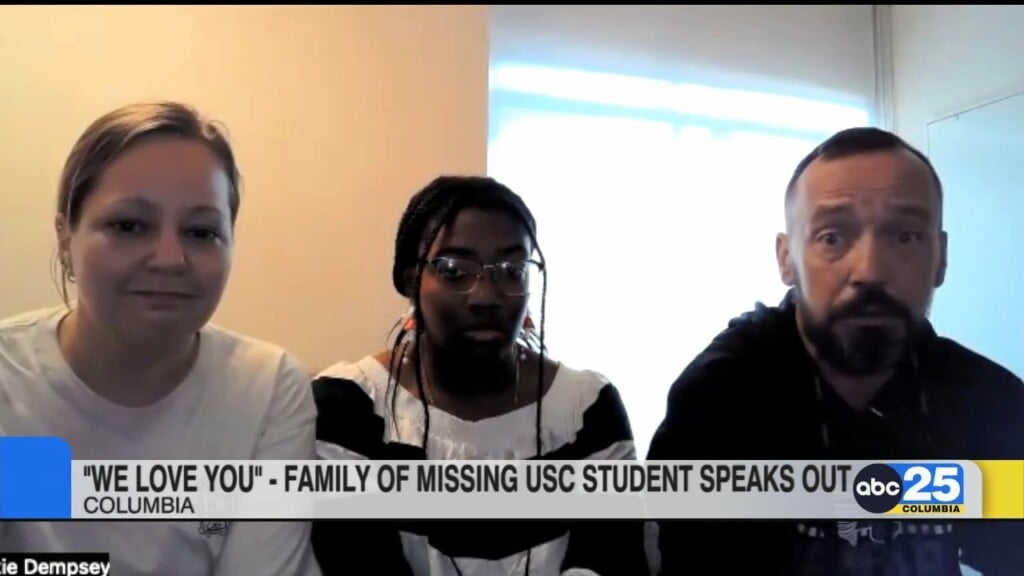Volvo Chooses Berkeley County for New Auto Plant

[gtxvideo vid=”hvypkCgR” playlist=”” pid=”rkijshg2″ thumb=”http://player.gtxcel.com/thumbs/hvypkCgR.jpg” vtitle=”Volvo”]
COLUMBIA, S.C. (WOLO) — It’s a big economic announcement for the state. Volvo announced it has chosen South Carolina as the site of its first American plant. Berkeley County will be the home of a new $500 million auto plant. “They wanted to be made in America and all credit goes to Volvo cars for saying they want to be made in America, but more importantly we love that they are now going to be made in South Carolina,” said Governor Nikki Haley. Monday afternoon, the Governor, alongside several state leaders, announced Volvo will build it’s first factory in the United States in Berkeley County. “Half a billion dollar investment, 4,000 jobs coming to our great state of South Carolina, we will very much be proud to say that we now build Volvo cars in our state,” said Governor Haley. The Swedish carmaker will produce nearly 100,000 cars per year, create up to 2,000 job in the next decade and 4,000 jobs over time. “This is a remarkable project for South Carolina, we have worked through 5 states that were in contention for this over time,” said Secretary of Commerce Bobby Hitt. Officials said South Carolina beat out other states due to its location, roughly 40 miles from the ports of Charleston, and it’s historically strong workforce. “What they knew was if they (South Carolina) build it, we build it well and we build it with quality and we build it with loyalty and we build it with pride and that’s not something you can’t just find anywhere,” said Governor Haley. With car manufacturers like BMW and Mercedes Benz already in the state, with established supply chain networks, University of South Carolina Research economist Joseph Von Nessen said there is a long term economic impact on the Palmetto State. “Any new automotive firm that comes into South Carolina is likely going to be able to use that existing supply chain network and therefore, spend dollars in South Carolina that otherwise would exit the state,” explained Von Nessen. “So, because of that those additional dollars that are spent in South Carolina support further employment and further income for South Carolina.” Officials said they expect to start construction this fall and hope to be producing cars by 2018.

